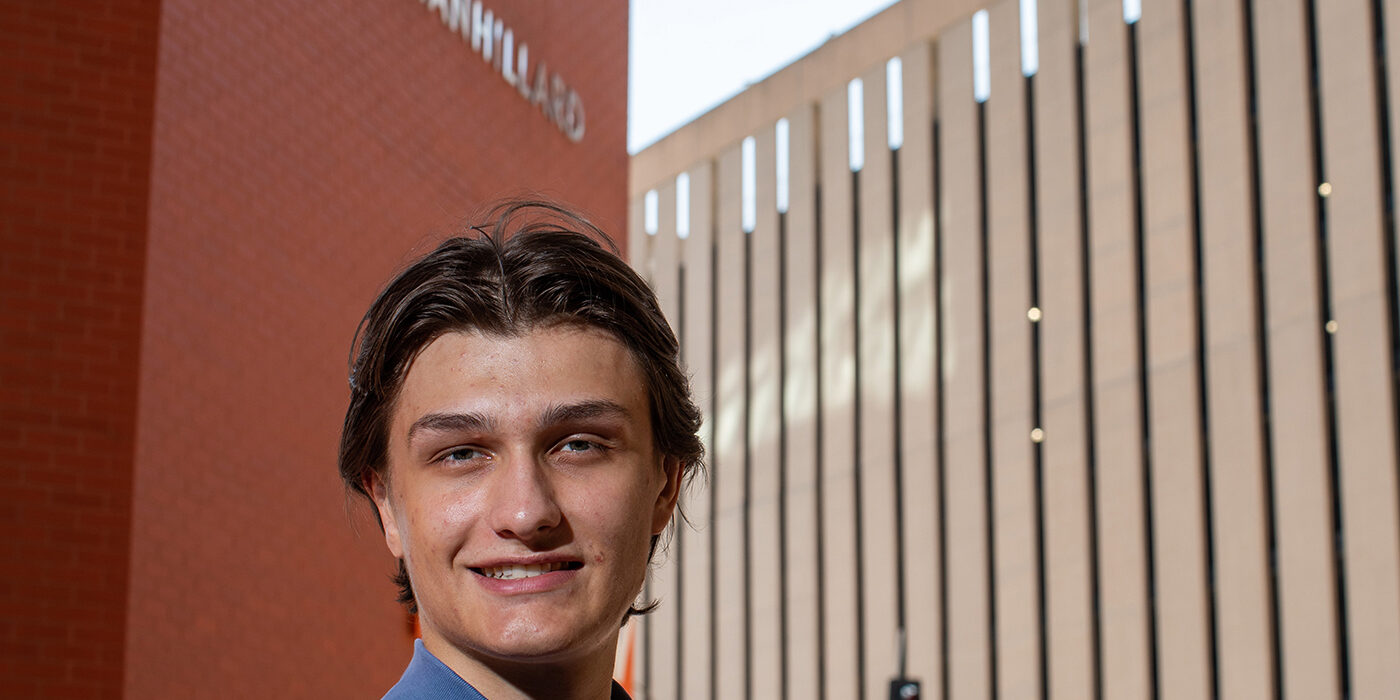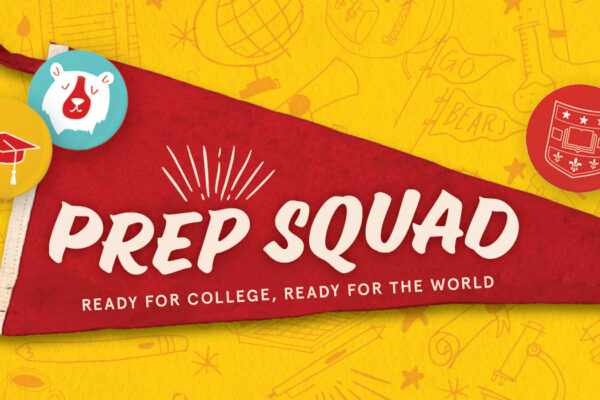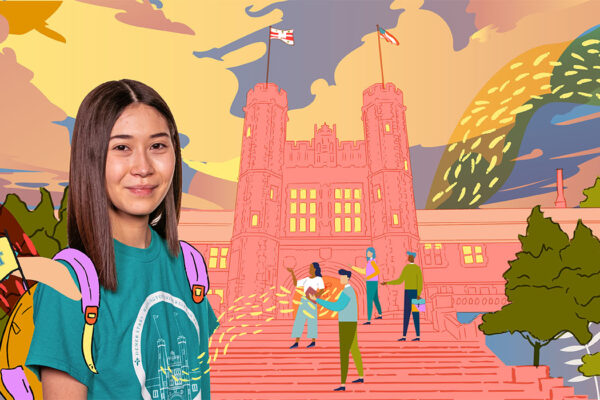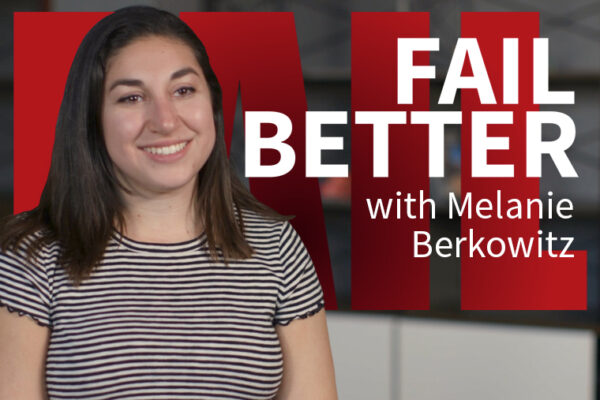Washington University in St. Louis sophomore Brian Jakubik is a hard worker and a whiz with numbers. He’s also smart enough to know those qualities will get him only so far.
“Experience matters; connections, matter,” said Jakubik, who is studying finance and accounting at Olin Business School. “I’ve met a lot of people here who have had great internships because of family connections. My family doesn’t have those sort of connections, so I’m making them on my own.”
Jakubik is a member of the inaugural cohort of the Chancellor’s Career Fellows, a new career education initiative for first-generation and lower-income first- and second-year students. The program launched in January with a one-credit course that included personalized career planning and coaching. The fellows then worked summer internships at businesses, nonprofits and agencies ranging from the federal public defender’s office to Microsoft to the Kemper Art Museum. Each fellow is provided a cash grant of up to $5,000.
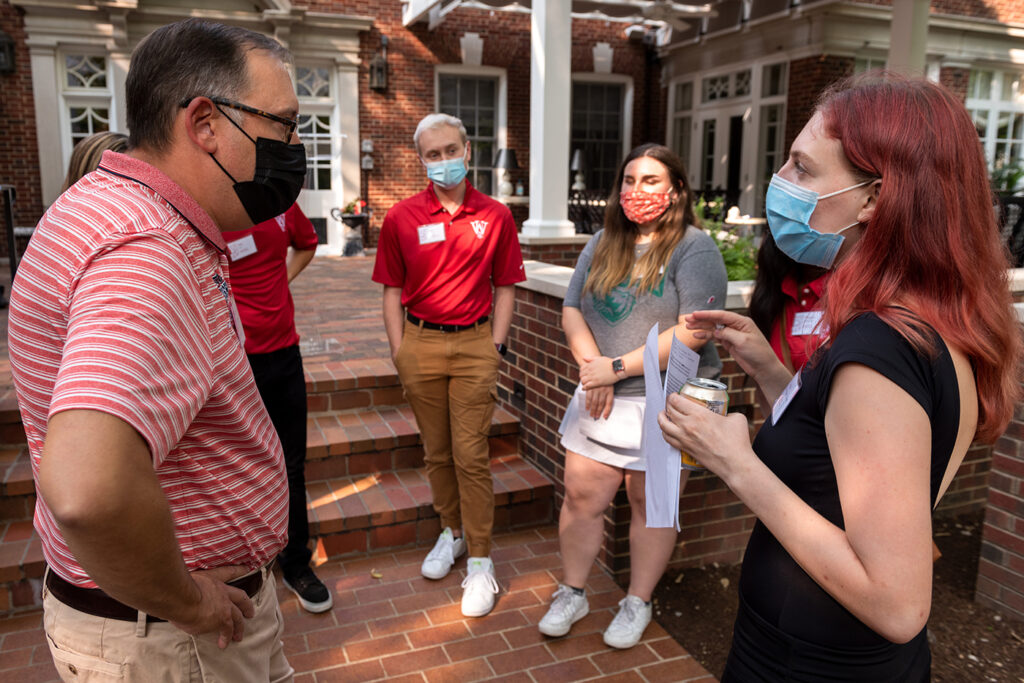
Jakubik landed a job at FleishmanHillard, a global public relations and marketing firm, where he created weekly staffing reports and tested a new project management tool.
“I work with vice presidents and senior account executives, and everyone has been so open and willing to answer questions,” said Jakubik, who wraps up his internship this month. “Not every part of an internship is going to be great — you’re the intern! But I’ve learned so much about the company and what it’s like to contribute to the workplace.”
Many summer internships are unpaid or pay little. But the experience is priceless. Interns learn new skills, build strong networks, even land lucrative job offers. Chancellor Andrew D. Martin created the program so more students, regardless of family income, can afford to have these meaningful career experiences.
“These stipends fill the gap, allowing students to accept jobs they couldn’t afford to take otherwise,” Martin said. “Every student, not just the well-off or the well-connected, deserves the opportunity to explore different careers and gain important skills.”
Students like Jakubik. The child of Slovakian immigrants, Jakubik is the first member of his family to attend college. He has always loved math and spent his summers tracking the stats of his brother’s baseball team. Later, he took a school trip to New York, where he visited Wall Street and met investment bankers.
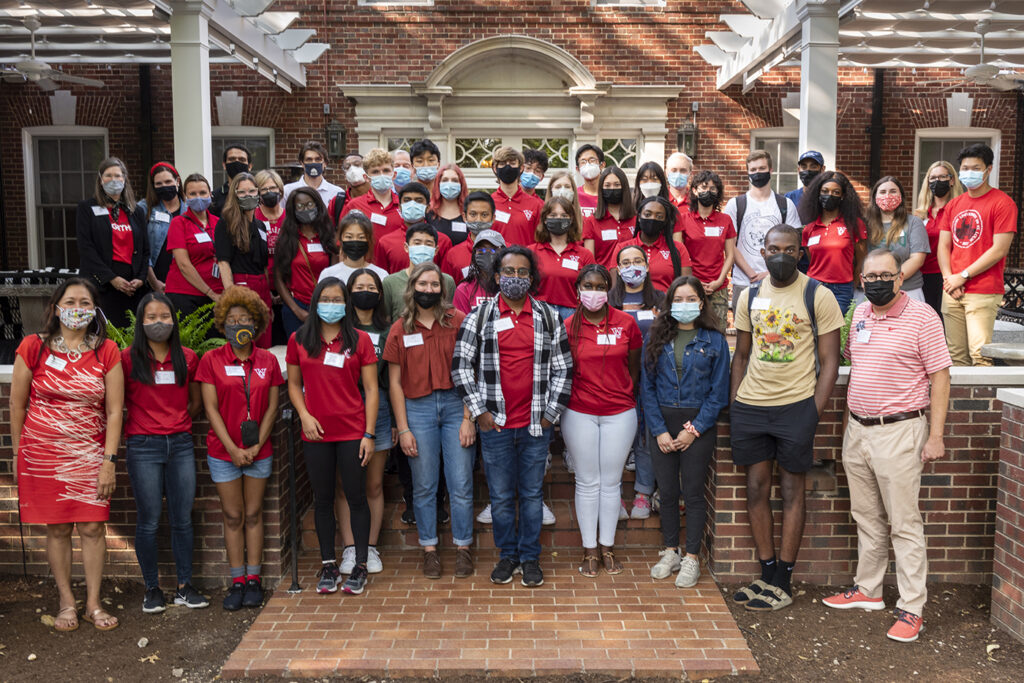
“That’s when I realized I was really interested in finance,” Jakubik said. “But before joining the Chancellor’s Career Fellows, I didn’t know how to take my interests and my accomplishments and turn them into a career.”
Developed by the Career Center, with support from the Office for Student Success, Student Financial Services, the Office of Scholar Programs, the Division of Student Affairs and the Weston Career Center, the program helps fellows explore their professional interests and navigate the career development process. The inaugural cohort heard from older students and alumni about career successes and failures; conducted informational interviews; learned to decode job ads; analyzed their transferable skills and met one-on-one with career advisers.
“Career education starts with knowing yourself, and so that’s where we started the class,” said instructor Michelle DeLair, assistant director at the Career Center. “We did the nitty-gritty work of creating a LinkedIn profile and building a resume. But first, we asked ourselves, ‘Why do we work? What brings meaning to our lives?’”
Students then leveraged their new skills and Career Center resources like the CareerLink database to find summer job opportunities. The Career Center also promoted the program to a wide range of employers and alumni, many of whom were eager to support the initiative and tap in this new well of talent.
Jakubik applied to 15 jobs before he heard from FleishmanHillard.
“There were a lot of interviews and an Excel test, but I finally got an offer,” Jakubik said. “That was an awesome day.”
Aimee Wittman, interim associate vice chancellor for student affairs for career development, said the Chancellor’s Career Fellows program is, by design, different from other programs offered by the Career Center.
“It is a cohort model and provides not just funding but also multisemester intensive career education,” Wittman said. “Through courses and experiences, students learn the intentional steps of career development so they can revisit these steps over their college and professional careers.”
Applications for the next cohort open in late October. In the meantime, Wittman encourages all students, undergraduate and graduate, to meet with a career counselor and leverage the Career Center’s many resources such as career fairs, workshops and career interest groups. The Career Center also distributes about $300,000 in stipends for unpaid and underpaid internships.
“Career education is a learning experience that takes time,” Wittman said. “The Career Center is ready to help all of our students find the right career path for them.”
